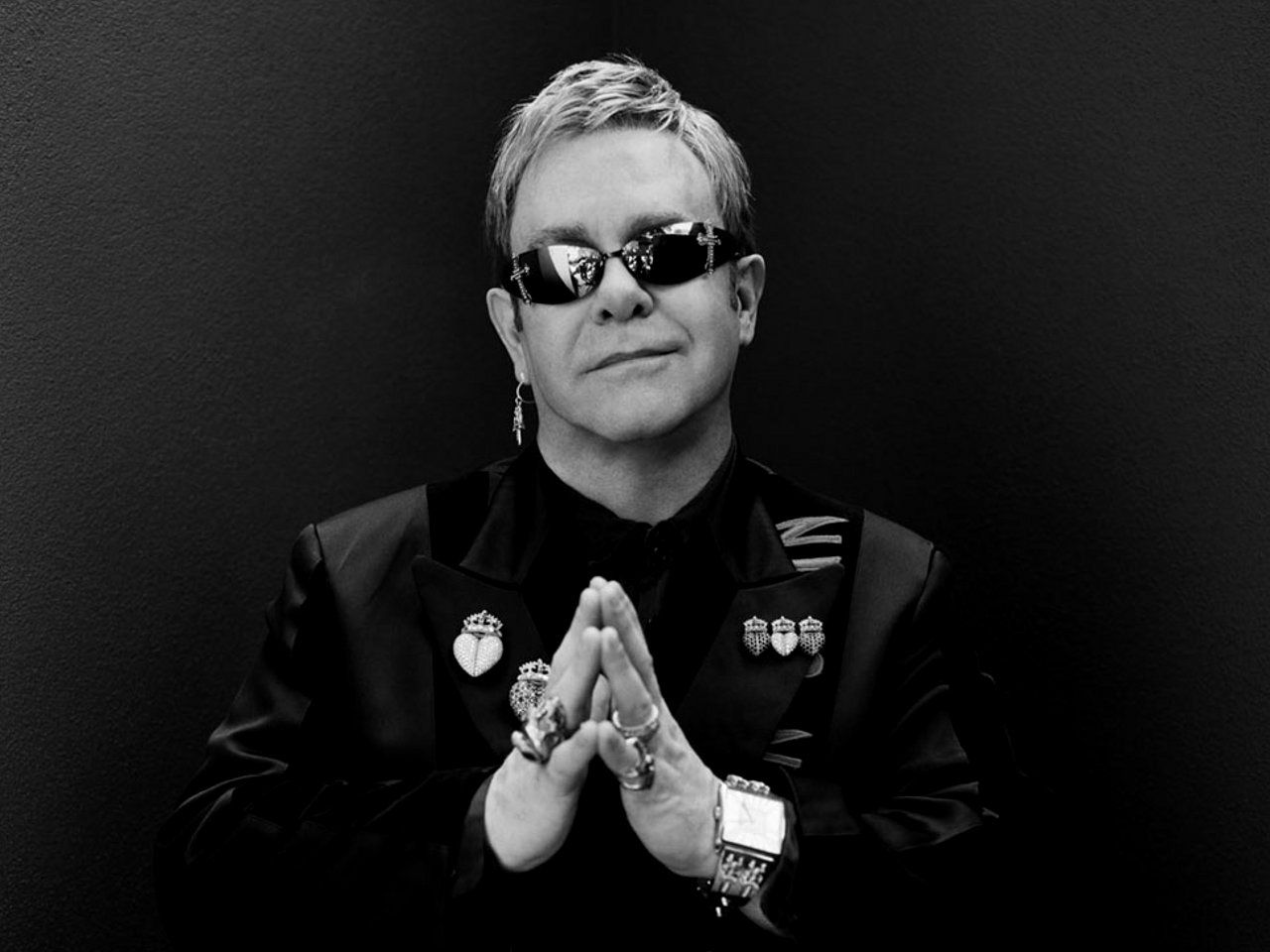
A Timeless Ode to Innocent Love
When we think about songs that have withstood the relentless test of time, few resonate as profoundly as “Your Song” by the legendary Elton John. Released in October 1970, this classic ballad emerged as a gentle whisper amidst a cacophony of louder, more aggressive sounds that characterized the era. Yet, it was precisely this understated elegance that allowed it to carve out a permanent niche in the hearts of many. Climbing to a respectable No. 8 on the Billboard Hot 100 and No. 7 on the UK Singles Chart upon its release, “Your Song” quickly established itself as an anthem of genuine affection and sincerity.
Penned by the gifted lyricist Bernie Taupin, who has been Elton John’s creative partner for decades, “Your Song” captures the essence of youthful love with an authenticity that is both touching and timeless. The backstory of its creation is as enchanting as the song itself. Bernie Taupin reportedly wrote the lyrics over breakfast one morning at Elton’s family home, while Elton composed the music on his grandmother’s piano. This simplicity in its genesis mirrors the unpretentious charm of the song.
The beauty of “Your Song” lies in its humility and earnestness. It speaks to an experience most of us have known—the desire to give someone a piece of ourselves, however modest or imperfect. The lyrics, “I hope you don’t mind / That I put down in words / How wonderful life is while you’re in the world,” express a sentiment that is both personal and universal, making it relatable across generations. For those who grew up with this song, it evokes memories of first loves and heartfelt confessions, times when emotions were pure and uncomplicated.
Musically, “Your Song” is a masterclass in understatement. Elton John’s tender piano accompaniment and restrained vocal delivery allow the lyrics to shine without overshadowing them. This balance between melody and message is what makes the song so enduringly powerful. Unlike many tracks from its era that relied on complex arrangements or elaborate production techniques, “Your Song” thrives on its simplicity—a testament to the fact that sometimes less truly is more.
For older listeners who recall the song’s initial release, “Your Song” may serve as a poignant reminder of a bygone era—a time when life perhaps moved at a slower pace, when handwritten letters were common expressions of love, and when music served as a backdrop to life’s most cherished moments. There is an evocative nostalgia associated with hearing those familiar opening chords; it’s like revisiting an old friend or leafing through a well-loved photo album.
Moreover, “Your Song” has left an indelible mark not only on its original audience but also on subsequent generations. Its inclusion in countless films and television shows has introduced it to new listeners who find themselves equally moved by its sincerity and warmth. Artists across genres have covered the song, each bringing their unique touch while respecting its core essence—a testament to its wide-reaching influence.
In reflecting on Elton John‘s illustrious career, “Your Song” stands out as one of his most defining works—a piece that showcases his ability to convey deep emotion through music. It represents a time when he was just beginning his journey towards becoming one of music’s most iconic figures, yet already displaying a mastery that would characterize much of his work.
Ultimately, “Your Song” remains a beloved classic because it speaks to something fundamental within us all: the need to connect and express love in its purest form. For those who have grown alongside this song, it is more than just a melody; it is an emotional touchstone that continues to inspire reflection and reminiscence. Whether you are hearing it for the first time or revisiting it after many years, “Your Song” offers a gentle reminder of love’s enduring power—a message as relevant today as it was over fifty years ago.
